

Well, dig is available also of course, but nearly all distros still include nslookup despite it getting deprecated. I like the simplicity of its interactive mode.
Host is also really great with more human-readable output.
Don’t get me wrong, when things are getting hairy, you’re going to make a lot of use of dig. I just find that most troubleshooting can be taken care of a lot simpler with host or nslookup.





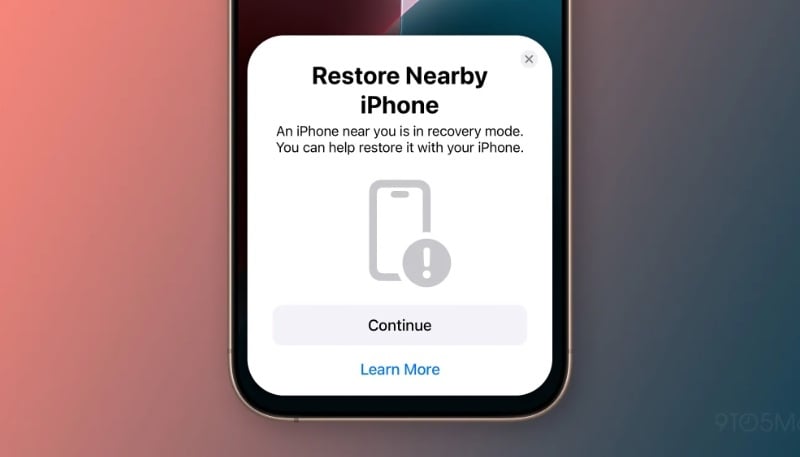
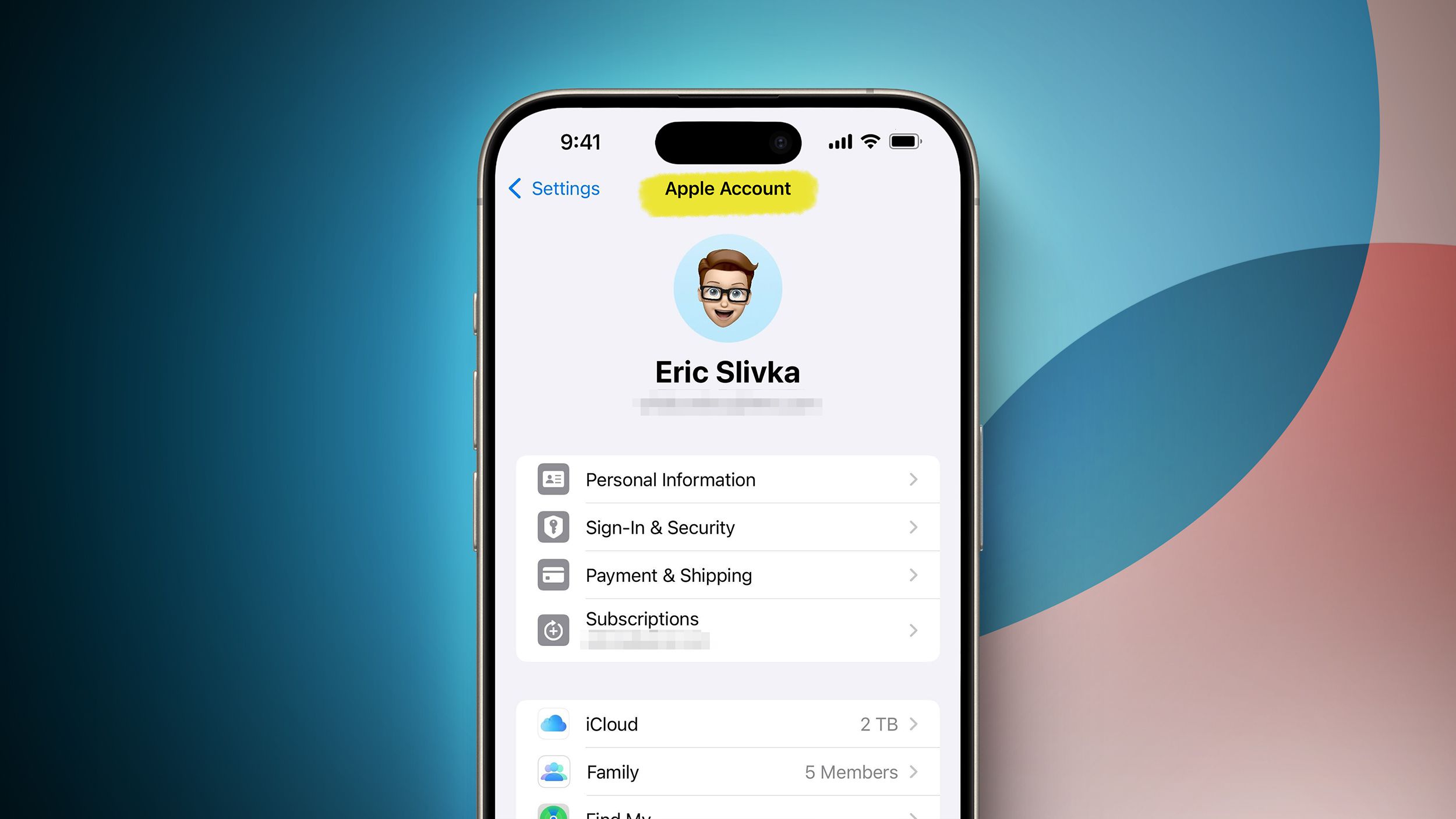
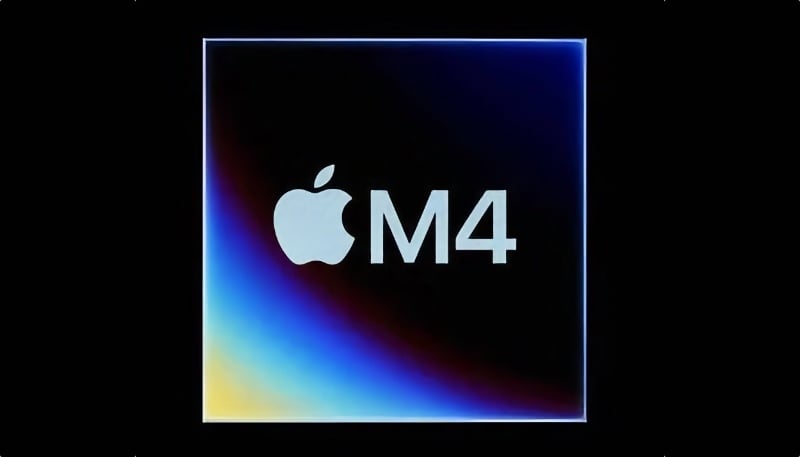
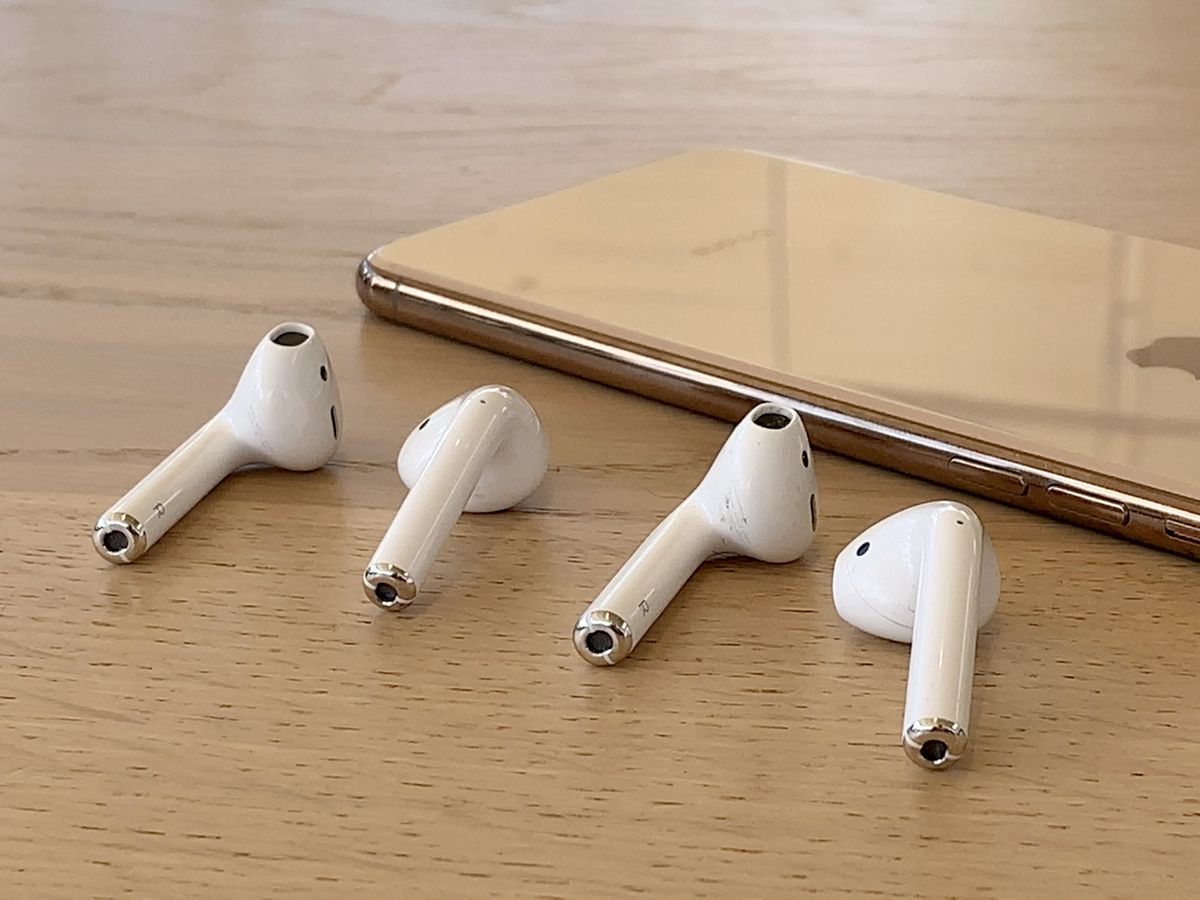
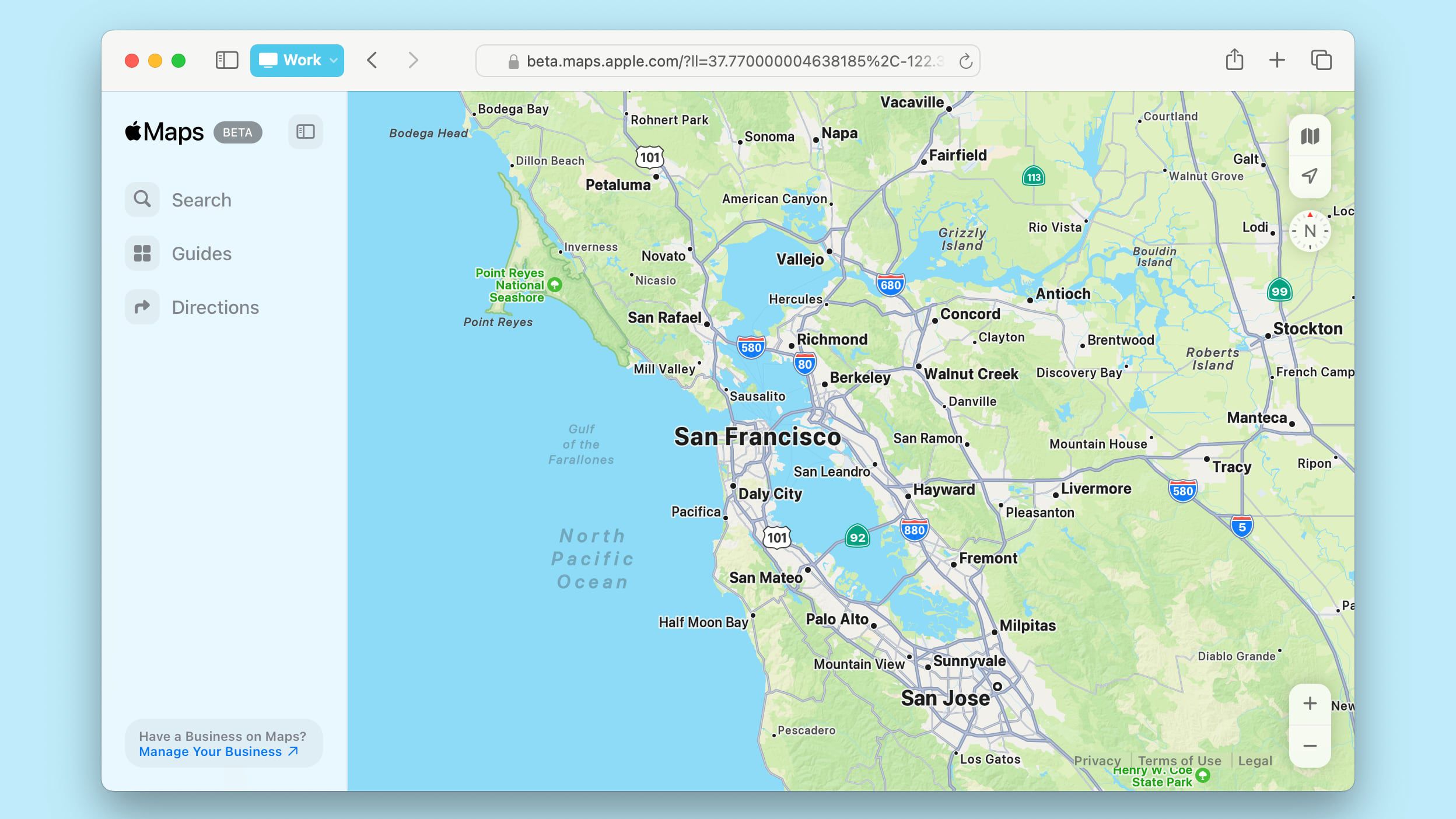
Very strange, but glad you worked it out!
I’ll keep this thread in mind if I ever run into something similar.